Event Timing:
September 7th + 8th, 2021
Event Address:
ONLINE
Language:
English

This meeting brought together international researchers in order to discuss research needs, potentials and gaps in marine conservation research. The future directions for the subject were communicated by invited speakers, who are all high-ranking, world-leading scientists.
The symposium covered the following topics:
Sessions and Speaker
Session 1: Disturbance and Networks in Ecology
Ecology is fascinating because of its complexity, with diverse life forms interacting in a myriad ways. When it comes to understanding biodiversity we must untangle this complex web of interactions. Particularly in the face of disturbances, we must trace the initial causes to their final consequences. This session focusses of on such perturbations to diverse ecological systems and how they propagate across the complex network of interactions.
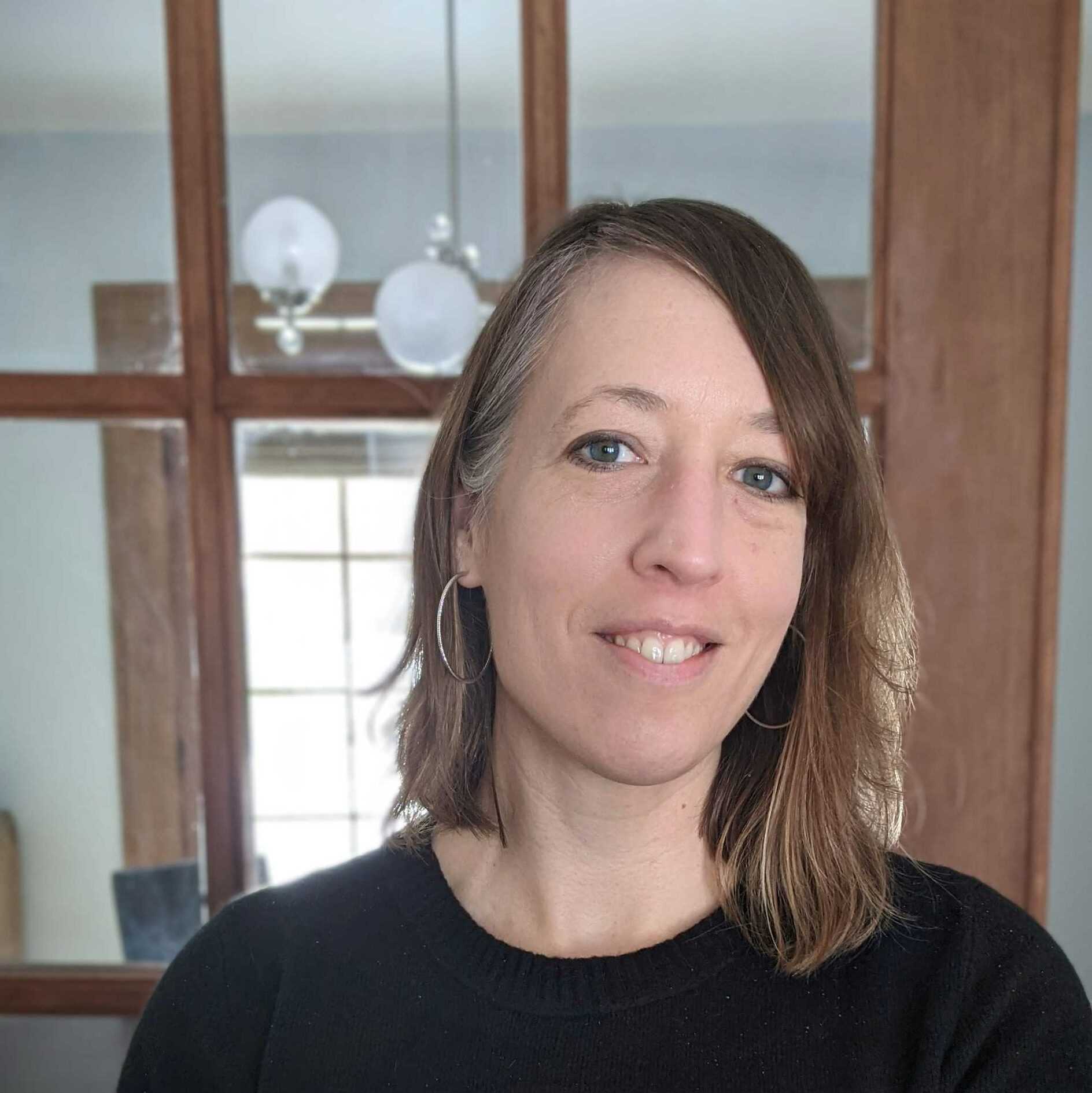
Elizabeth R. Johnson
University of Durham, Department of Geography
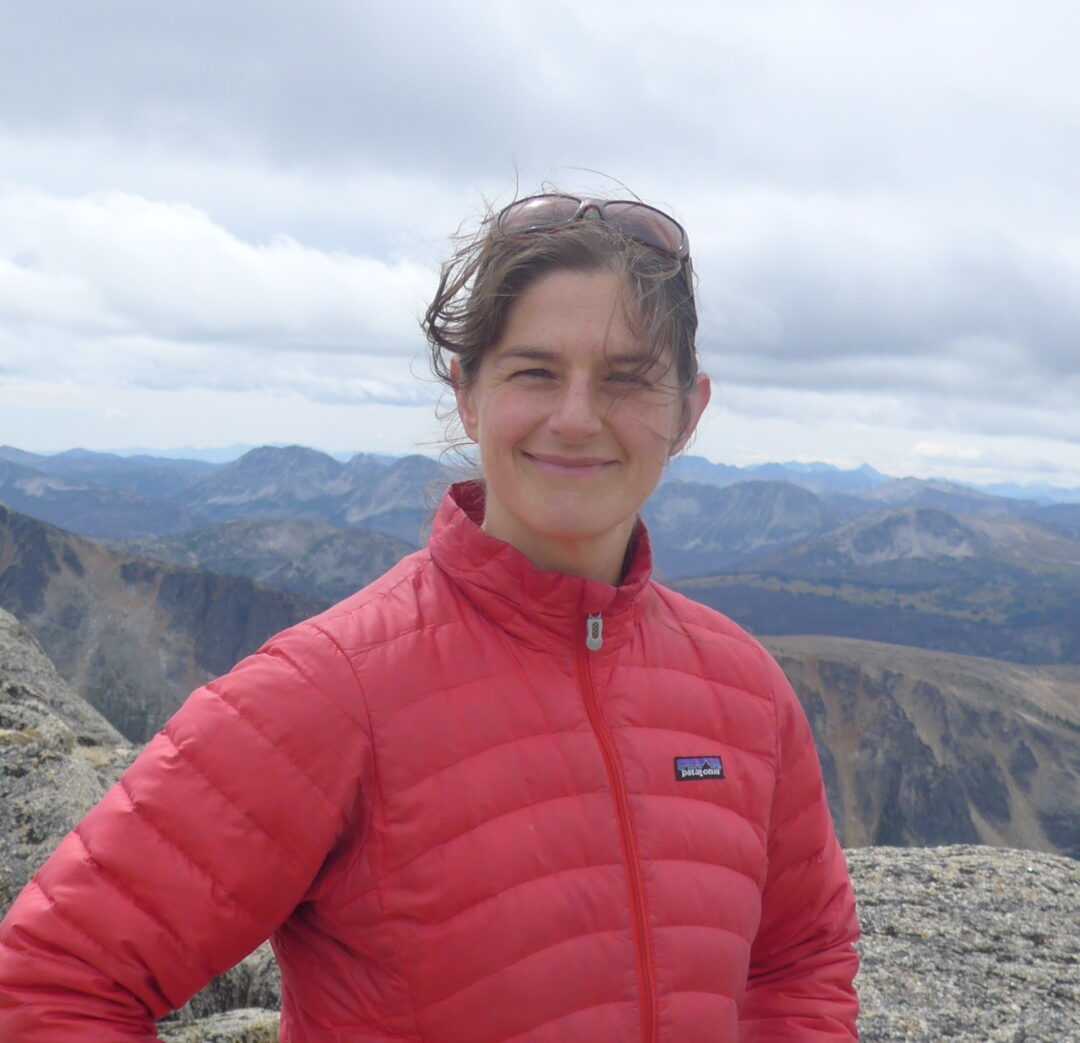
Elizabeth Wolkovich
University of British Columbia, Department of Forest & Conservation Sciences
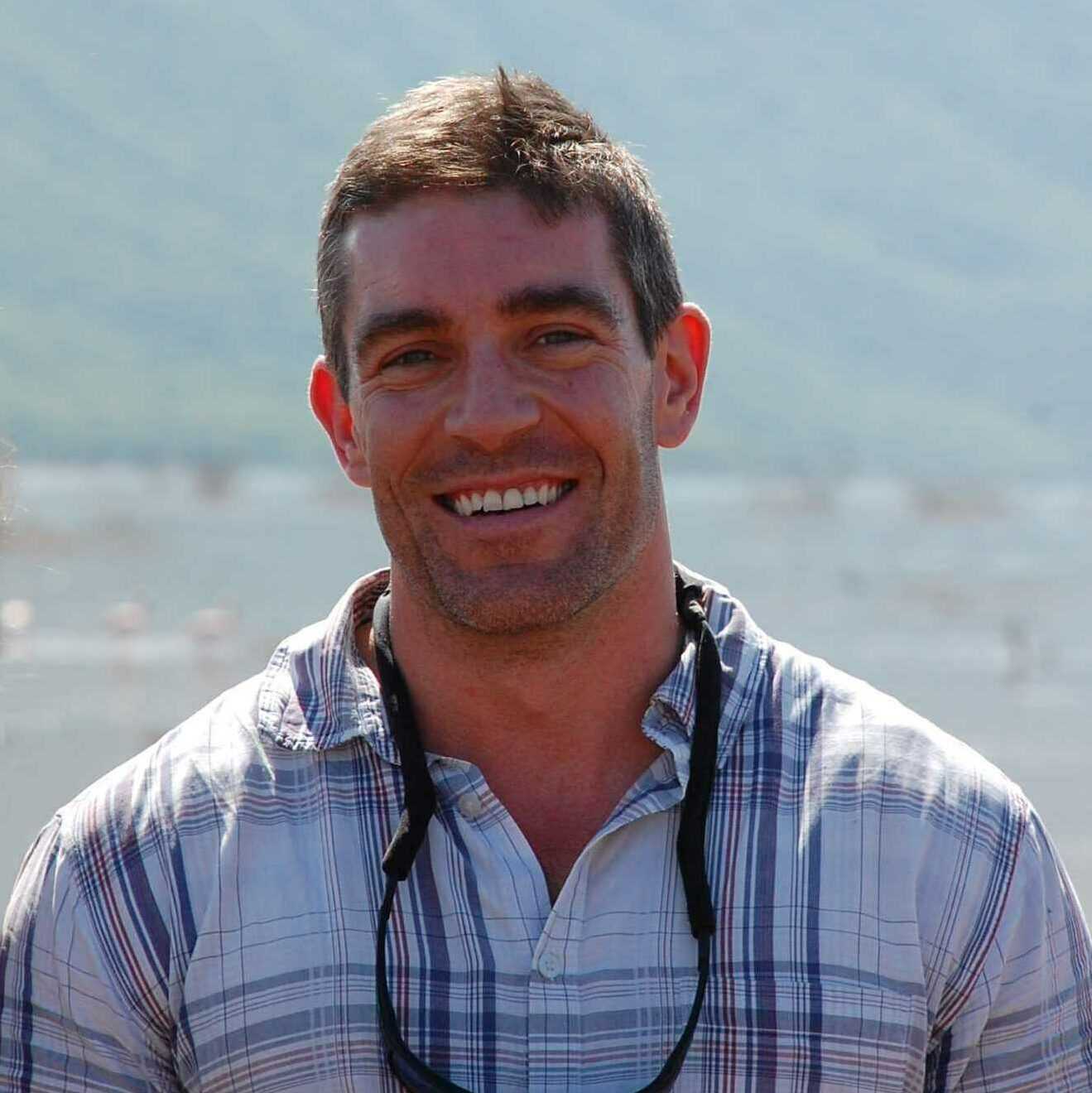
Ian Donohue
Trinity College, Dublin
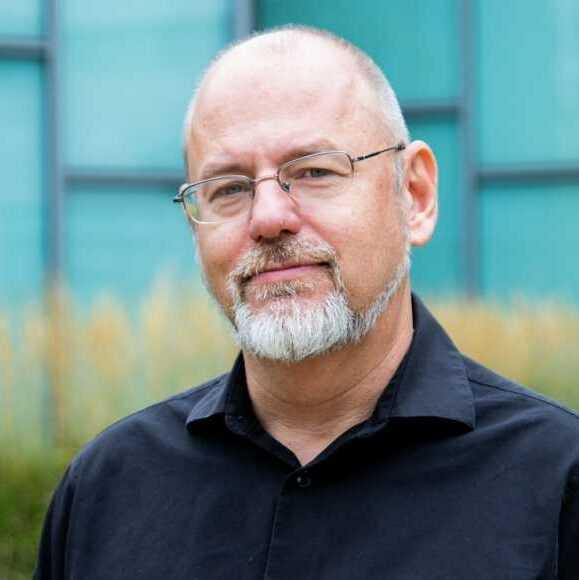
Stefan Helmreich
MIT Anthropology, Cambridge
Session 2: Dispersal and Movement
The importance of dispersal far outweighs the aspect of simple spatial distribution of organisms. In this session we would like to look at dispersal from different perspectives: Dispersal with respect to the existence of metapopulations; speciation despite or because of dispersal; potential for niche shift and niche construction; but also what dispersal of mobile organisms means for ocean governance.
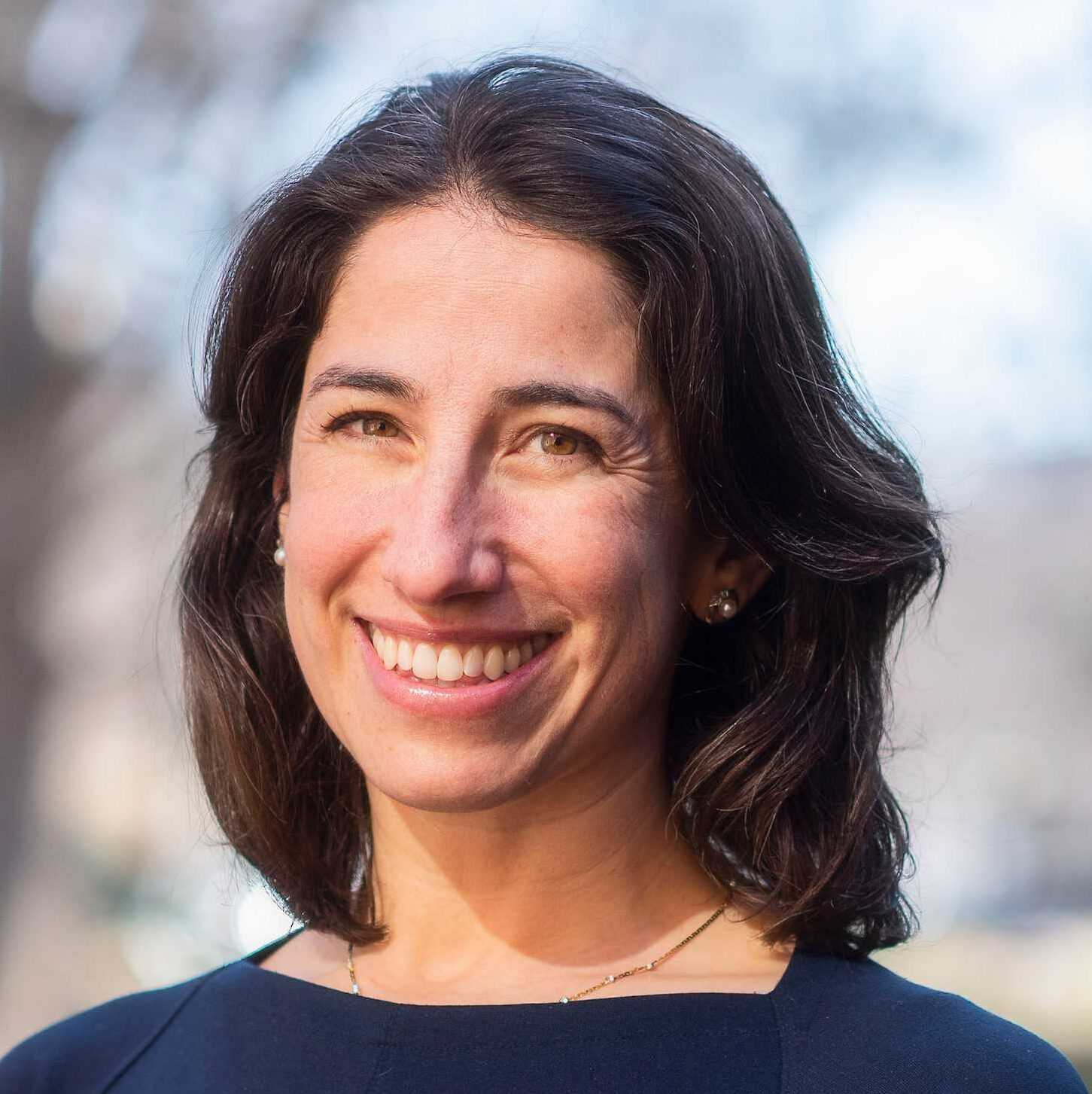
Elizabeth Havice
University of North Carolina, Department of Geography
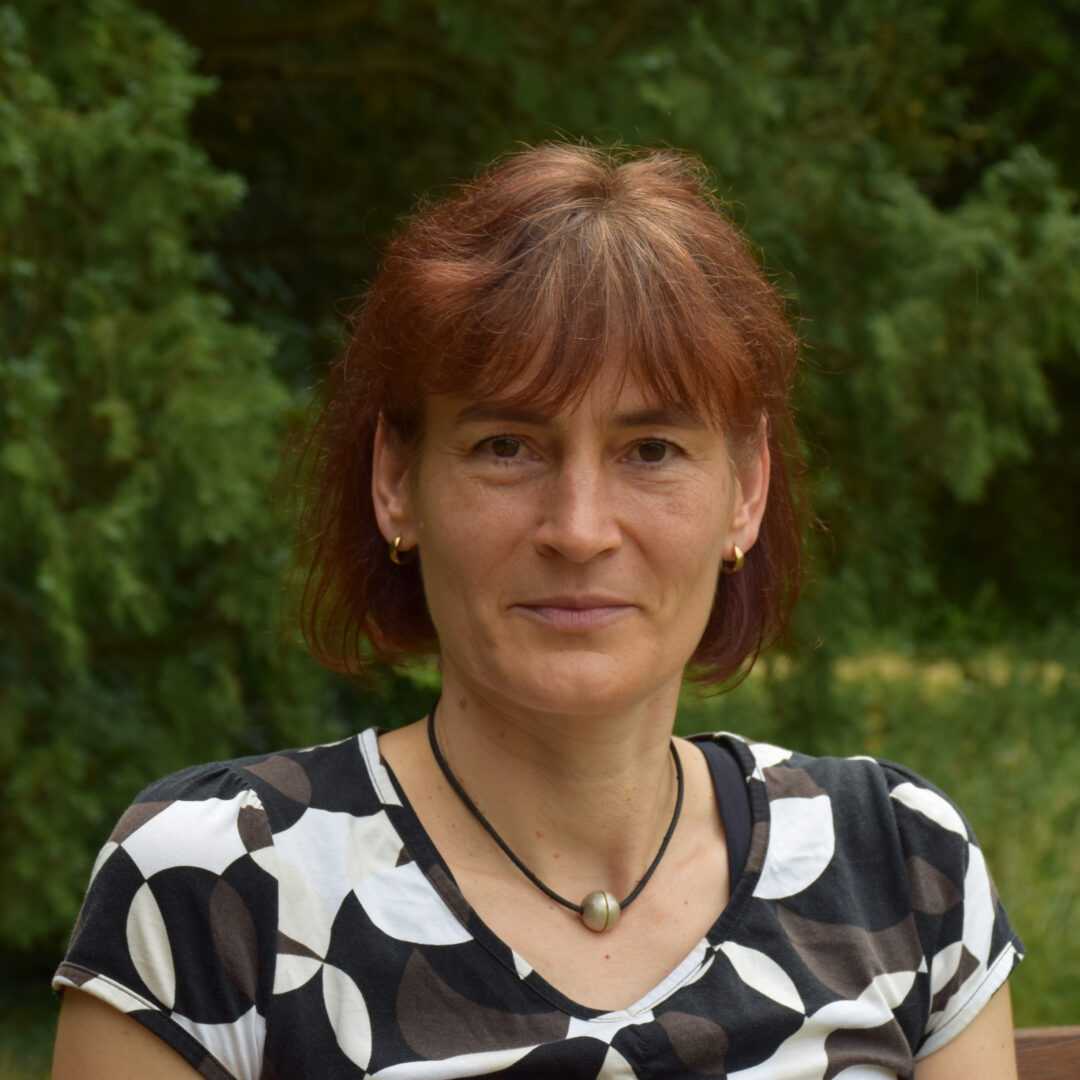
Barbara Drossel
Technical University of Darmstadt, Theory of Complex Systems, Institute for Condensed Matter Physics
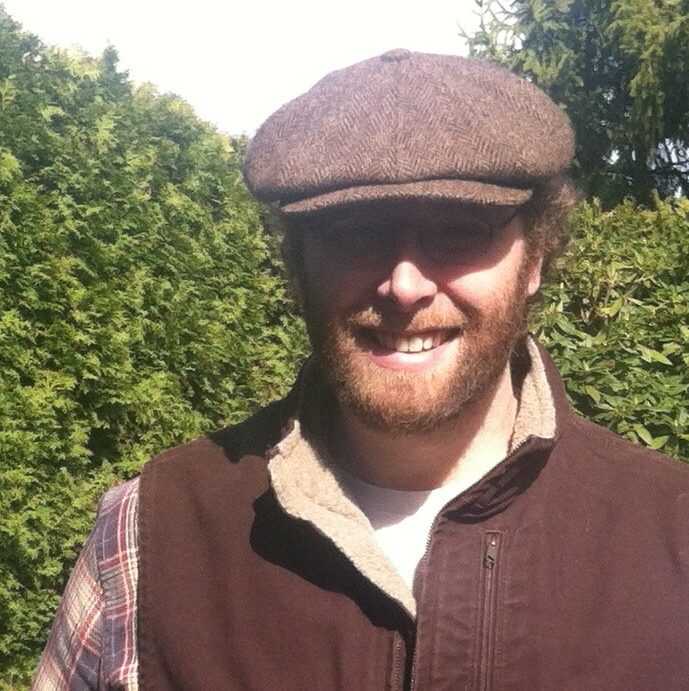
Justin Yeakel
University of California Merced, Department of Life & Environmental Sciences

Blake Matthews
EAWAG, Schweiz
Department Fish Ecology & Evolution
Session 3 Justice and Conflict in Conservation
In respect of biodiversity change, how can critical social science approaches help us towards more just approaches to conservation? What even is a ‘just’ approach and how can conservation be democraticised to include more voices? How can the data we access and use be wider and more equitable? This session explores contemporary questions, timely insights and careful reflections on processes relevant to management and governance.
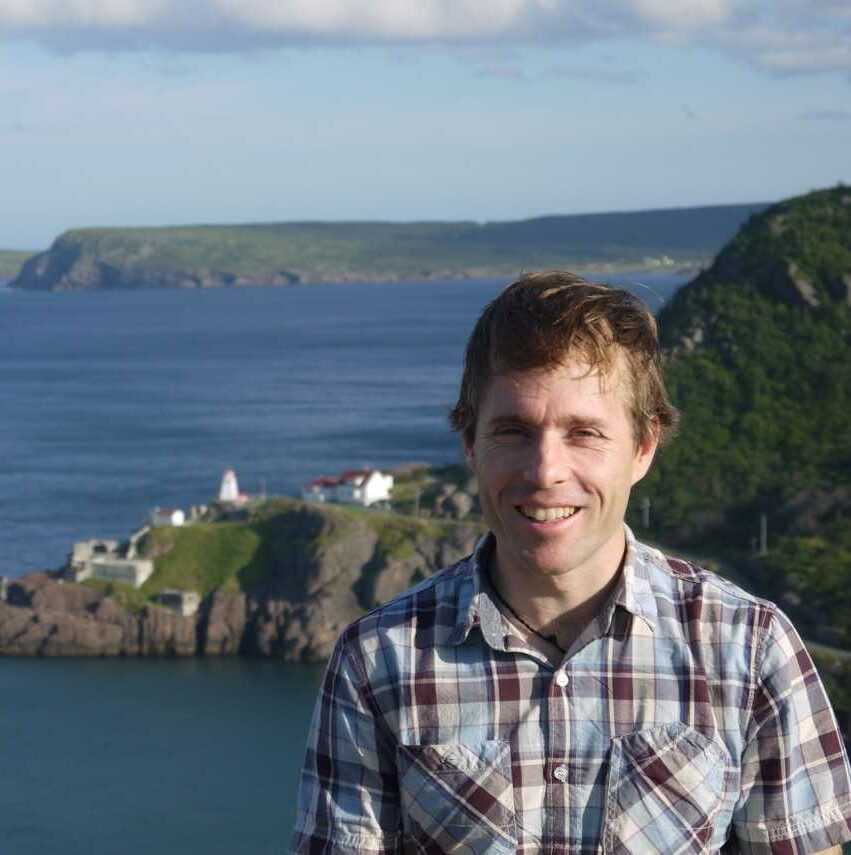
Nathan Bennett
The Peopled Seas Initiative, Vancouver, BC & People and the Ocean Specialist Group, Commission on Ecological, Economic and Social Policy, International Union for the Conservation of Nature
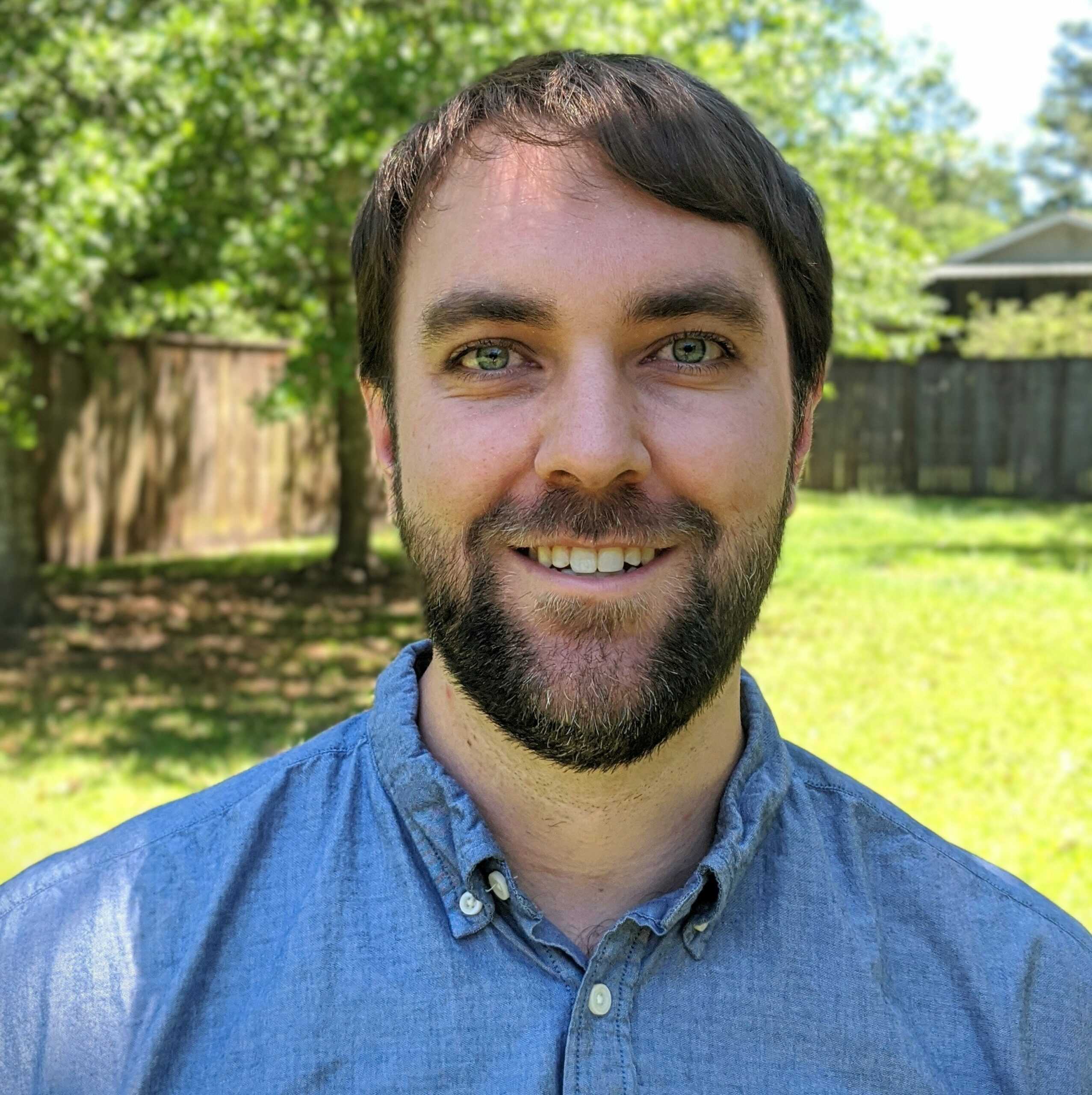
Luke Fairbanks
Division of Coastal Sciences, School of Ocean Science and Engineering, The University of Southern Mississippi
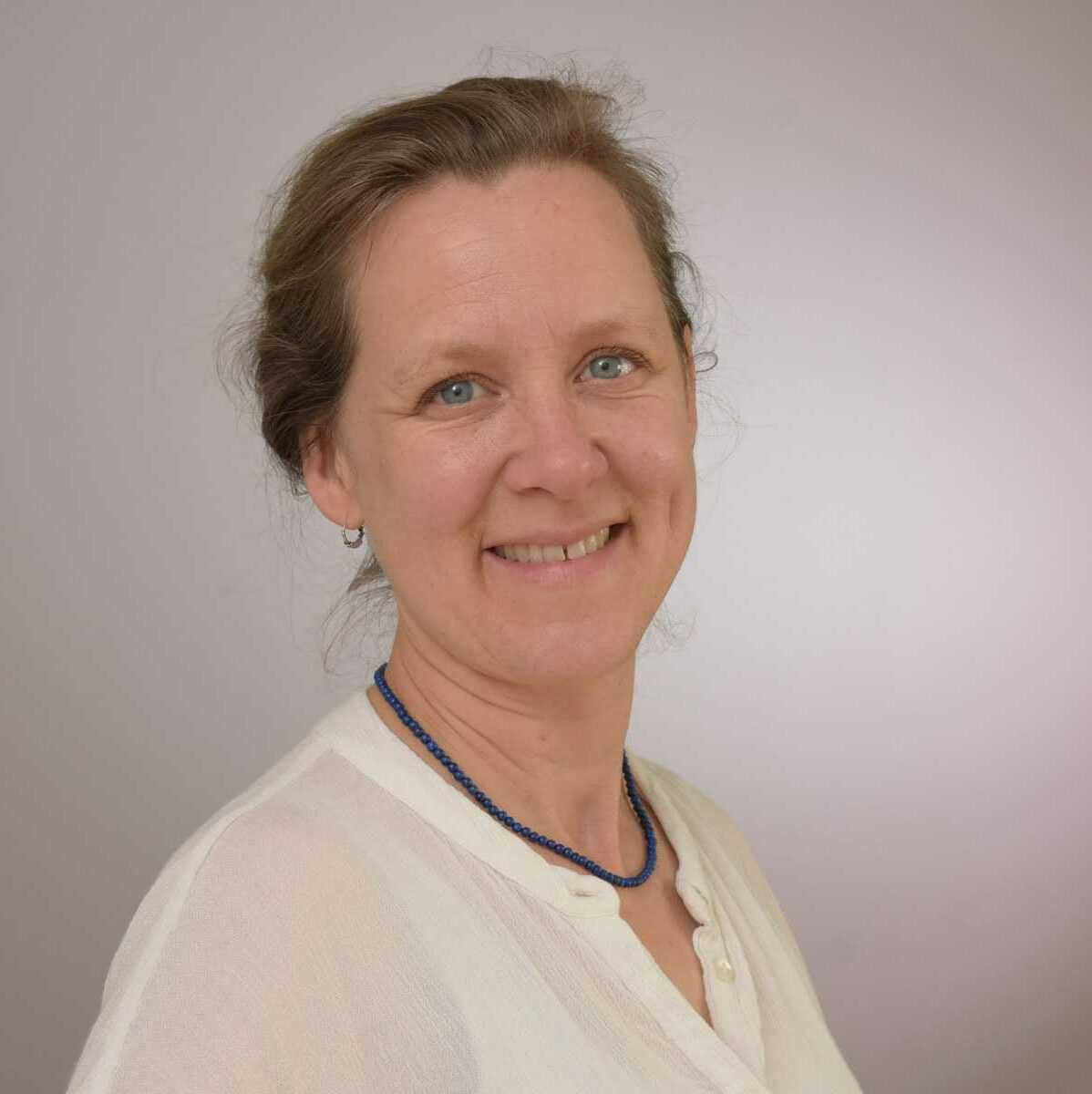
Silja Klepp
Kiel University, Faculty of Mathematics and Natural Sciences, Department of Geography
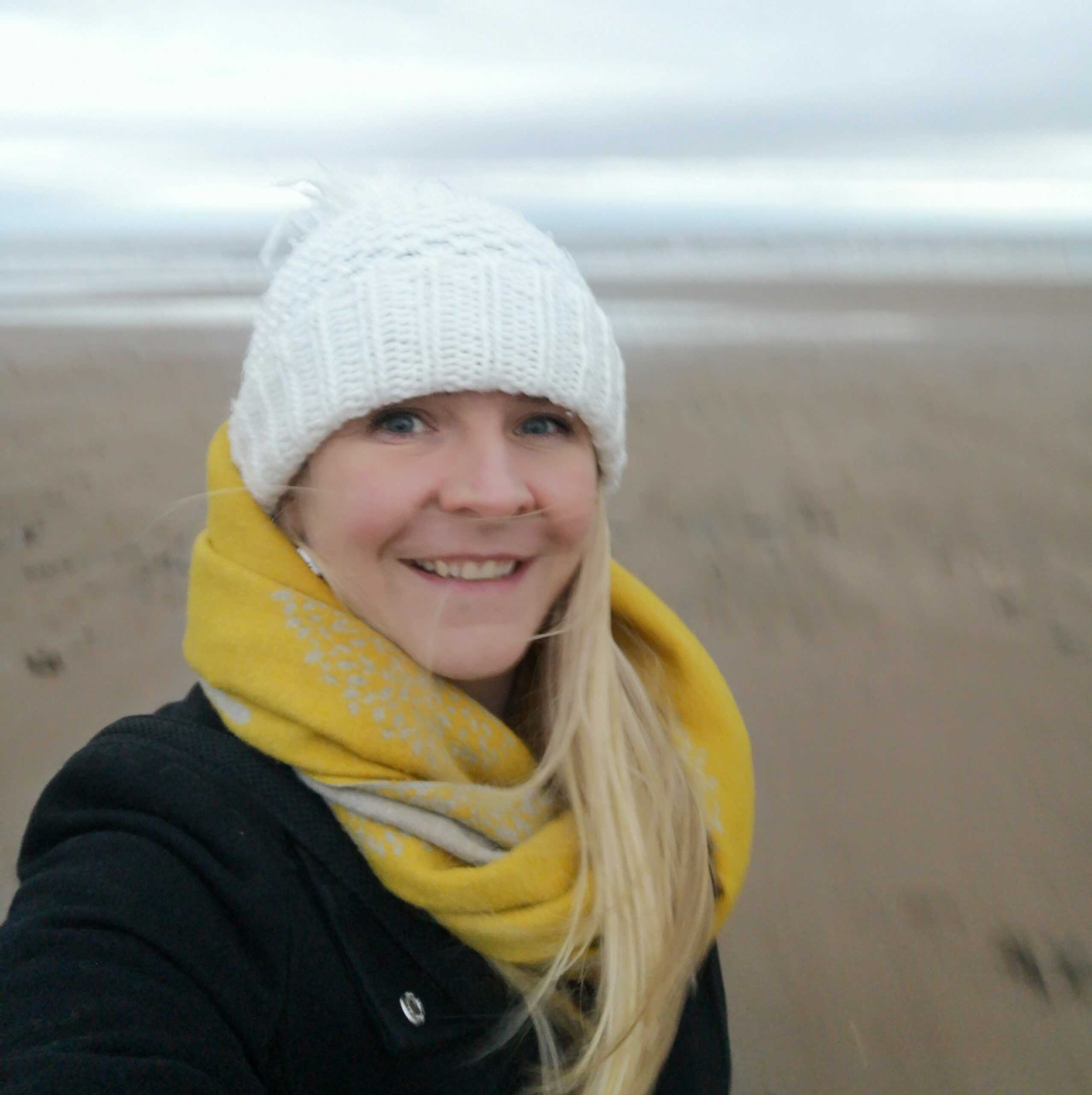
Emma MCKinley
Cardiff University
Session 4: Planning & Projection for an Uncertain Future
Projecting biodiversity changes, its causes and consequences, into the future is a required step to create ecosystem management strategies that anticipate and adapt to uncertainties in human impacts and ecosystem responses. This session is about biodiversity in the Anthropocene, and how we can learn from ecological and evolutionary processes to mitigate biodiversity loss across spatial scales.

Andrew Gonzalez
McGill University, Quebec Centre for Biodiversity Science
William Cheung
The University of British Columbia,
Institute for the Oceans and Fisheries

Irus Braverman
The University at Buffalo,
The State University of New York
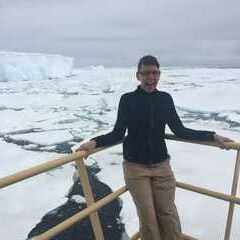
Sinead Collins
University of Edinburgh
Programme
Tuesday / September 7th 2021 – CEST
| 9.00am | Early Career Workshop: Resilience and Mental Health |
| Conference Opening and Welcome Note | |
| 1.00pm | Evolution in Metaecosystems Blake Matthews, EAWAG, Schweiz, Department Fish Ecology & Evolution, Switzerland |
| 1.45pm | Tackling Knowledge and Power: an Environmental Justice Perspective on Climate Change Adaptation in Kiribati Silja Klepp, Kiel University, Faculty of Mathematics and Natural Sciences, Department of Geography, Germany |
| 2.30pm | Coffee Break (20 min) |
| 2:50pm | New Data Technologies, Better and More Just Oceans Governance? Elizabeth Havice, University of North Carolina, Department of Geography, USA |
| 3.35pm | Wave Crashing, Biologically Stefan Helmreich, MIT Anthropology, Cambridge, USA |
| 4:20pm | Coffee Break (20 min) |
| 4.40pm | Blue Legal Geographies Irus Braverman, The University at Buffalo, The State University of New York, USA |
| 5:25pm | How Does Oceans Governance Work? Rethinking Oceans Research with Diverse Theory and Method Luke Fairbanks, Division of Coastal Sciences, School of Ocean Science and Engineering, The University of Southern Mississippi, USA |
| 6.10pm | Coffee Break (20 min) |
| 6:30pm | Advancing Social Equity in Marine Conservation Nathan Bennett, The Peopled Seas Initiative, Vancouver, BC & People and the Ocean Specialist Group, Commission on Ecological, Economic and Social Policy, International Union for the Conservation of Nature, Canada |
| 7:15pm | Future of Marine Living Resources in a Changing Climate William Cheung, The University of British Columbia, Institute for the Oceans and Fisheries, Canada |
| 8:00pm | Coffee Break (15 min) |
| 8:15pm | Quiz Night |
Wednesday / September 8th 2021 – CEST
| 9.00am | How Dispersal Affects the Dynamics and Stability of Meta-Foodwebs Barbara Drossel, Technical University of Darmstadt, Theory of Complex Systems, Institute for Condensed Matter Physics, Germany |
| 9.45am | Global Change and the Stability of Ecosystems Ian Donohue, Trinity College Dublin, Ireland |
| 10:30am | Coffee break (30 min) |
| 11:00am | Ocean Connections – Values, Ocean Literacy and Stewardship Emma MCKinley,Cardiff University, Great Britain |
| 11:45am | How to be a diatom: constraints and patterns in multitrait evolution Sinead Collins, University of Edinburgh, Great Britain |
| 12:30pm | Lunch Break (90 min) |
| 2:00pm | Biodiversity Science for the Anthropocene: Crossing Scales of Space and Time Andrew Gonzalez, McGill University, Quebec Centre for Biodiversity Science, Canada |
| 2:45pm | One World, One Health? Jellyfish Futures Between Biodiversity and Biomedicine Elizabeth R. Johnson, University of Durham, Department of Geography, Great Britain |
| 3:30pm | Coffee Break (30 min) |
| 4:00pm | Null Models in Temporal Ecology Elizabeth Wolkovich, University of British Columbia, USA |
| 4:45pm | The Dynamics of Starvation and Recovery Provide Insight into Cope’s Rule and the Evolution of Grazing Justin Yeakel, University of California Merced, Life & Environmental Sciences, USA |
| 5:30pm | Poster Session |